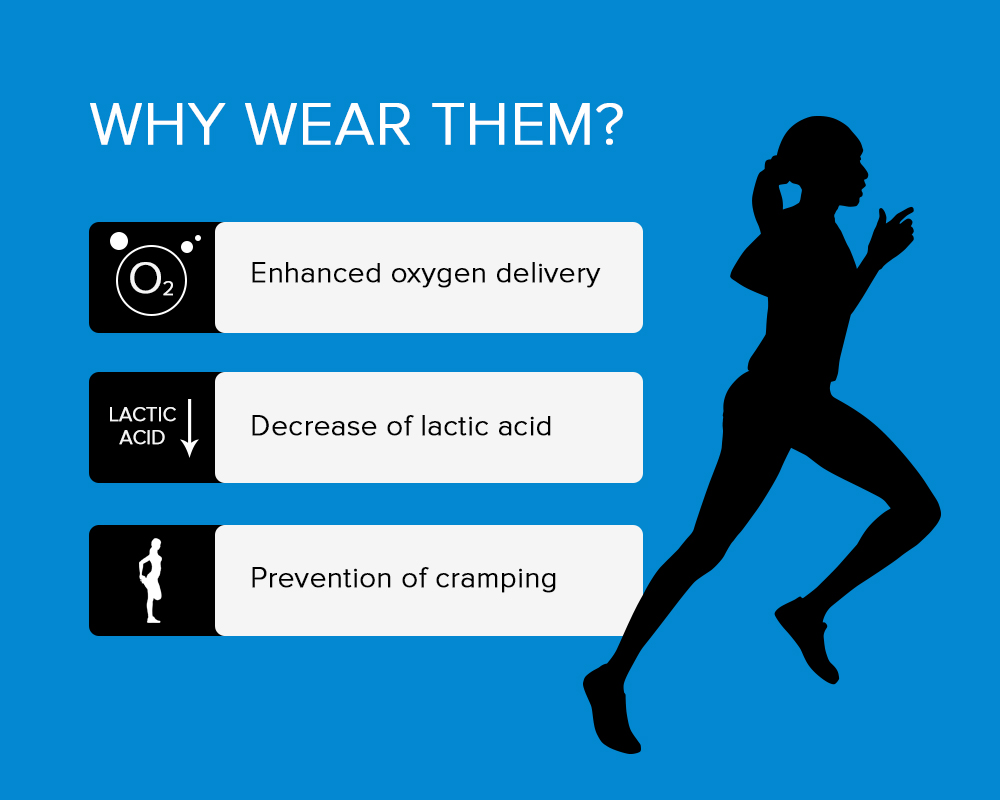Benefits of Compression
In today’s fast-paced world, where time is of the essence, compression technology has become an invaluable tool. From reducing file sizes to improving website loading speeds, compression offers a plethora of benefits that can revolutionize the way we interact with digital content. In this article, we will delve into the various advantages of compression and explore how it can enhance your online experience.
Enhanced File Transfer
One of the primary benefits of compression is its ability to significantly reduce file sizes. Whether you are sending large attachments via email or transferring files over the internet, compression can make the process much smoother and faster. By compressing files into smaller sizes, you can save valuable bandwidth and reduce the time it takes to upload or download content.
Improved Website Loading Speeds
In the digital age, where attention spans are dwindling, website loading speed plays a crucial role in user experience. Studies have shown that a delay of just a few seconds can significantly impact user engagement and conversion rates. Compression can help optimize your website by reducing the size of HTML, CSS, and JavaScript files. This, in turn, leads to faster loading times and a seamless browsing experience for your visitors.
Bandwidth Optimization
Bandwidth is a valuable resource, especially for businesses with high-traffic websites or limited internet connectivity. Compression allows you to make the most out of your available bandwidth by reducing the size of data packets that need to be transmitted. This can result in substantial cost savings, particularly for organizations that rely heavily on data transfer, such as media streaming platforms or cloud-based services.
Storage Efficiency
With the exponential growth of digital content, storage space has become a precious commodity. Compression technology enables you to store more data in less space, maximizing the efficiency of your storage systems. Whether you are archiving files, managing databases, or storing multimedia content, compression can help you optimize your storage infrastructure and reduce costs associated with expanding storage capacity.
Improved SEO Rankings
When it comes to search engine optimization (SEO), content quality is paramount. By crafting exceptional content that provides value to your audience, you can improve your website’s search rankings. However, compression can also indirectly contribute to better SEO rankings. As mentioned earlier, compressed files lead to faster website loading speeds, which search engines like Google consider as a crucial ranking factor. By optimizing your website’s loading speed through compression, you can potentially outrank competitors and attract more organic traffic.
Reduced Bandwidth Consumption
In today’s interconnected world, where data consumption is skyrocketing, compression can help reduce the strain on networks and lower overall bandwidth consumption. This is particularly beneficial for mobile users who may have limited data plans or slow internet connections. By compressing data, you can ensure a smoother browsing experience for your audience, regardless of their network limitations.
Increased User Satisfaction
Ultimately, the benefits of compression boil down to one key aspect user satisfaction. Whether it’s faster website loading speeds, reduced file transfer times, or optimized storage efficiency, compression contributes to an overall enhanced user experience. By implementing compression techniques, you can provide your audience with a seamless, efficient, and enjoyable online experience that keeps them coming back for more.

Compression technology offers a myriad of benefits that can revolutionize the way we interact with digital content. From enhanced file transfer and improved website loading speeds to bandwidth optimization and storage efficiency, compression has the potential to transform your online experience. By implementing compression techniques, you can not only improve your website’s search rankings but also provide your audience with a seamless and satisfying user experience. Embrace compression and unlock the full potential of the digital world.
Frequently Asked Questions about the Benefits of Compression
1. What is compression?
Compression is a process of reducing the size of a file or data to save storage space and improve transmission efficiency.
2. How does compression benefit data storage?
Compression reduces the size of files, allowing more data to be stored in the same amount of space, thus maximizing storage capacity.
3. What are the advantages of compressing files?
Compressing files not only saves storage space but also speeds up data transfer, reduces bandwidth usage, and decreases backup and restore times.
4. Can compression improve network performance?
Yes, compression can enhance network performance by reducing the amount of data that needs to be transmitted, resulting in faster transfer speeds and reduced latency.
5. Does compression have any impact on file quality?
Lossless compression techniques preserve the original file quality, while lossy compression techniques may result in a slight loss of quality in exchange for higher compression ratios.
6. How does compression benefit web browsing?
Compression reduces the size of web page elements, leading to faster loading times, improved user experience, and reduced data usage for both the website and the visitors.
7. Can compression improve backup and restore processes?
Yes, compressing data before backing it up reduces the storage space required, speeds up backup and restore times, and allows for more efficient data management.
8. Are there any benefits of compression in multimedia files?
Compressing multimedia files can significantly reduce their size, making them easier to store, share, and stream, while still maintaining an acceptable level of quality.
9. Does compression benefit data transmission over the internet?
Compression can greatly benefit data transmission over the internet by reducing the amount of data that needs to be sent, resulting in faster downloads, reduced bandwidth usage, and lower costs.
10. Are there any security benefits of compression?
Yes, compression can enhance security by allowing encrypted files to be transmitted or stored more efficiently, reducing the risk of unauthorized access or data breaches.




